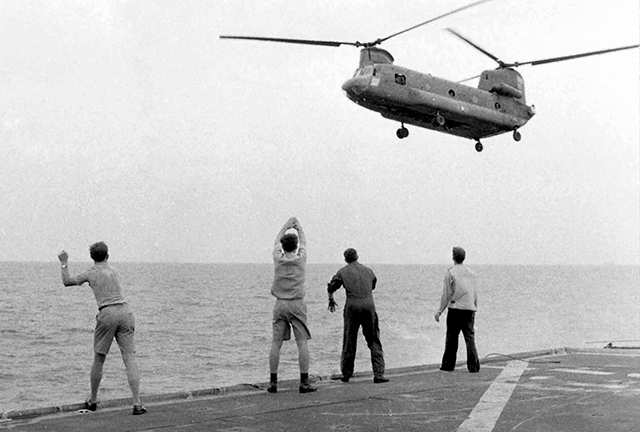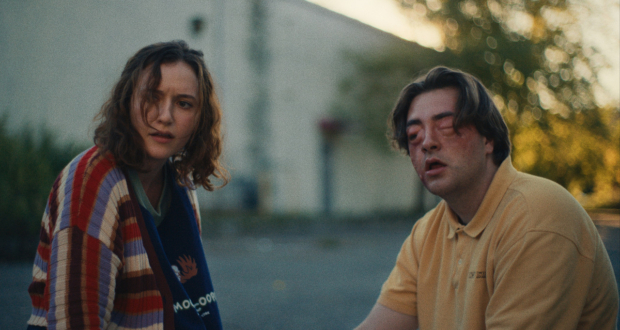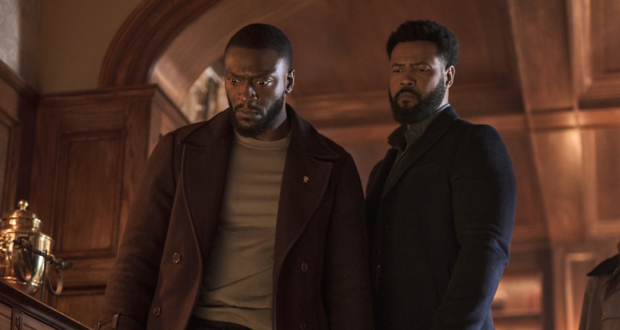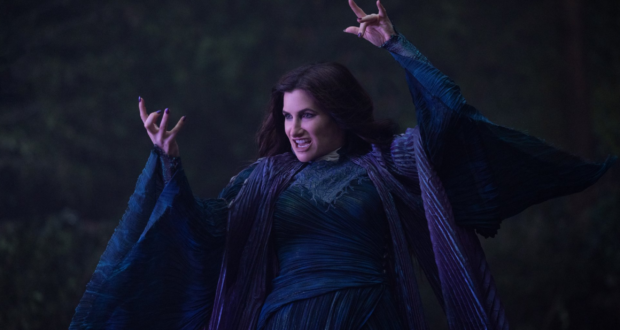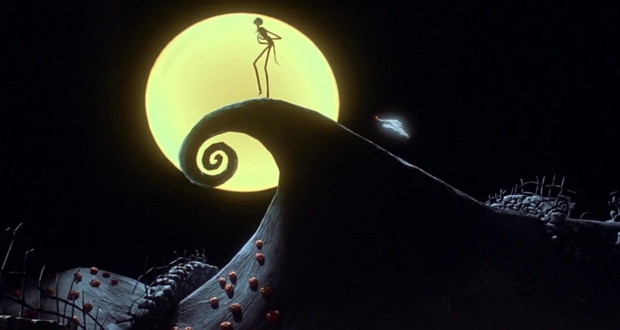Synopsis: During the chaotic final days of the Vietnam War, the North Vietnamese Army closed in on Saigon as the panicked South Vietnamese people desperately attempted to escape. On the ground, American soldiers and diplomats confronted a moral quandary: whether to obey White House orders to evacuate only U.S. citizens or risk being charged with treason and save the lives of as many South Vietnamese citizens as they could. With time running out and the city under fire, an unlikely group of heroes emerged as Americans and South Vietnamese took matters into their own hands. (C) IFC FIlms
One of 2014’s best documentaries, Last Days of Vietnam, was nominated for an Academy Award for Best Documentary today. Focusing on the end of a war is a daunting task for a filmmaker who needs to perfect historical accuracy. Filmmaker Rory Kennedy has an impressive filmography of docs she made including Ethel, which was a heartwarming and engaging film that focused on her immediate family. I spoke to Rory Kennedy over the phone about her inspiration behind the Last Days of Vietnam as well as unexpected challenges to making this documentary and her thoughts on the very positive audience reaction.
Rory Kennedy was inspired to make Last Days of Vietnam as a way to reflect from our past exit from the Vietnam War. She noticed a few similarities to our current Middle Eastern wars and wanted to draw parallels noting that history is cyclical.
“We were told at that point we were getting out of Iraq and Afghanistan and thought there could be some lesions that we learn,” she said. “I’ve always been fascinated with Vietnam. I felt that there were events that happened which people were unaware. It was important and relevant today. I also think it is a great story and important one for audiences.”
The production behind Last Days of Vietnam was different from Rory Kennedy’s other documentaries. Portraying history was important to her as well as highlighting little known stories. One dramatic story involved a specific event with a helicopter that couldn’t land onto a ship so this individual throws his children onto a moving ship for them to remain safe. It is moments like this that made Last Days of Vietnam riveting.
“With making a historical documentary, you know the story and you know what you’re looking for,” she said. “We decided not to use a narrator but just first hand accounts. There was a lot going on in that moment in history. So it was challenging to tell a story without narrator. It contributes to the ticking time bomb sense. It makes it dramatic and engaging while challenging. I think this film is filled with dramatic moments about people doing everything they can to risk their lives and save as many Vietnamese as possible.”
A few unexpected challenges arose during the making of Last Days of Vietnam which including the editing process to even grappling with the haunting issues the documentary portrayed.
“The editing process was challenging for us,” she said. “It is an emotional story and larger story of American withdrawal and abandonment of Vietnam. It is difficult to come to terms with that as a nation. That part of the story is hard to grasp.”
Audiences embraced Last Days of Vietnam when it opened last autumn. The studio had only planned to show it around 10 theaters, but it expanded to as many as 120 locations nationwide grossing almost a half a million dollars. Receiving the Oscar attention has also been flattering to Rory as well.
“It has been exciting with how well it has done. The audience response has been really positive. It has been a fantastic ride and a huge amount of support to the film. I’m really pleased with how receptive the audience has been and I’m thrilled to be here,” she said.
Last Days of Vietnam airs on PBS sometime in April.
